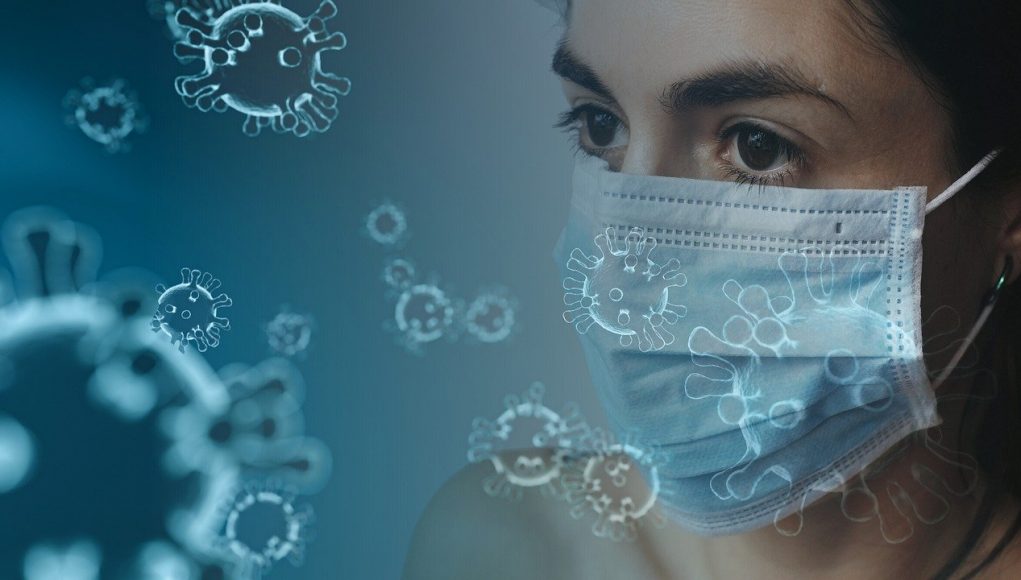The research team found that ACE2 activity was significantly higher in bronchoalveolar lavage fluid from both smokers and vapers compared to age-matched non-smokers and non-vapers. Exposure to cigarette smoke increased ACE2 levels, mACE2 activity, and sACE2 in primary bronchial epithelial cultures. Finally, treatment with either cigarette smoke condensate or JUUL e-liquid increased infections with a spike-coated SARS-CoV-2 pseudovirus. Overall, these observations suggest that tobacco product use elevates ACE2 activity and increases the potential for SARS-CoV-2 infection through enhanced spike protein binding.
Other data indicate otherwise
Meanwhile, another recent study conducted by the Mayo Clinic, titled “Electronic Cigarette Use Is Not Associated with COVID-19 Diagnosis” involved nearly 70,000 patients, and concluded that e-cigarettes “do not appear to increase susceptibility to SARS-CoV-2 infection.”
“For over a year, we’ve had to endure WHO’s latest round of orchestrated lies about vaping. Outrageously, various WHO briefings and materials on COVID have stated that ‘e-cigarette use may increase the risk of infection’, without offering any scientific basis whatsoever,” said Executive Coordinator of the Coalition of Asia Pacific Tobacco Harm Reduction Advocates (CAPHRA) Nancy Loucas in response to the findings.
She added that thankfully, trusted media sources have given the Mayo Clinic study some visibility. “Thankfully, credible, trusted media sources such as Forbes have given this latest Mayo Clinic study the credit it’s due, headlining ‘No, Vaping Doesn’t Make You More Susceptible To Coronavirus’. Good on Forbes for profiling the evidence, not profiting from all the emotion.”












